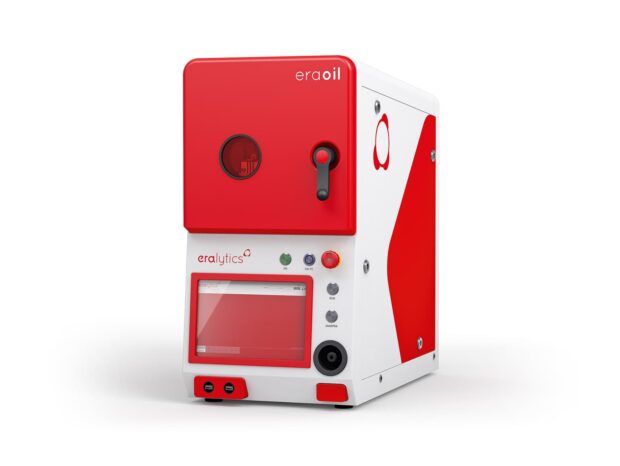Standard Test Method for Determination of Contaminants in Gas Turbine and Diesel Engine Fuel by Rotating Disc Electrode Atomic Emission Spectrometry.
Get more information about the standard at ASTM D6728-16(2021).
ASTM D6728-16(2021) is a standard test method for determining the levels of contaminants, such as metals and other particulate matter, in gas turbine and diesel engine fuels using Rotating Disc Electrode Atomic Emission Spectrometry (RDE-AES). This technique provides a sensitive and accurate measurement of trace contaminants that can affect the performance and longevity of engines, ensuring fuel quality and compliance with specifications. By using RDE-AES, industries can protect engine components, ensure compliance with safety and performance regulations, and enhance the reliability of their operations.
Details
The test method involves introducing a sample of the fuel into a rotating disc electrode that is exposed to high-energy plasma. This causes the contaminants to emit characteristic wavelengths of light, which are then measured by a spectrometer to determine their concentration. RDE-AES is particularly effective in identifying low levels of metal contaminants, such as iron, nickel, copper, and lead, that may be present in fuel. These metals can damage engine components, degrade performance, and increase the risk of operational failures.
Industries & Applications
This standard is widely used in industries ranging from aerospace to power generation, demonstrating its versatility and importance in maintaining fuel quality. Main industries are:
- Fuels: Quality control in the production of diesel and aviation fuels to ensure they meet the required purity standards
- Aerospace and aviation: Ensuring the quality of aviation fuels used in jet engines, where metal contaminants can lead to fuel system corrosion and engine wear
- Energy and power generation: Gas turbines used in power plants require clean, contaminant-free fuel to ensure optimal operation and reduce downtime
- Automotive and diesel engines: Diesel fuel quality control in automotive applications, where metal contaminants can cause fuel injector clogging and reduce engine efficiency
